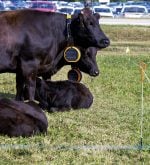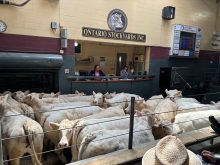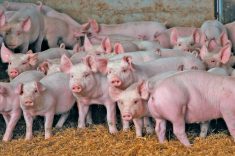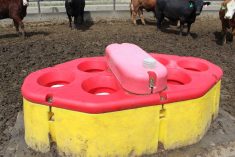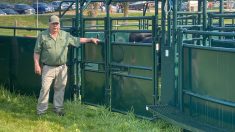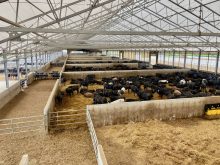Plant was one of only three federally inspected options for Ontario producers
TruHarvest Meats, one of three federally inspected beef processing facilities in Ontario, has closed its doors, citing a continued inability to achieve financial goals.
“Unfortunately, the ownership paused operation at the end of January for financial reasons,” said TruHarvest vice-president Chuck Oulton, when contacted at the Toronto plant in early March.
“It’s tough. The team worked very hard over two years to build what I think was a very successful business. It’s just unfortunate there wasn’t financing to build the capacity at the plant to where we wanted to get to, and to where we would have been able to meet the demand that’s out there.”
Read Also
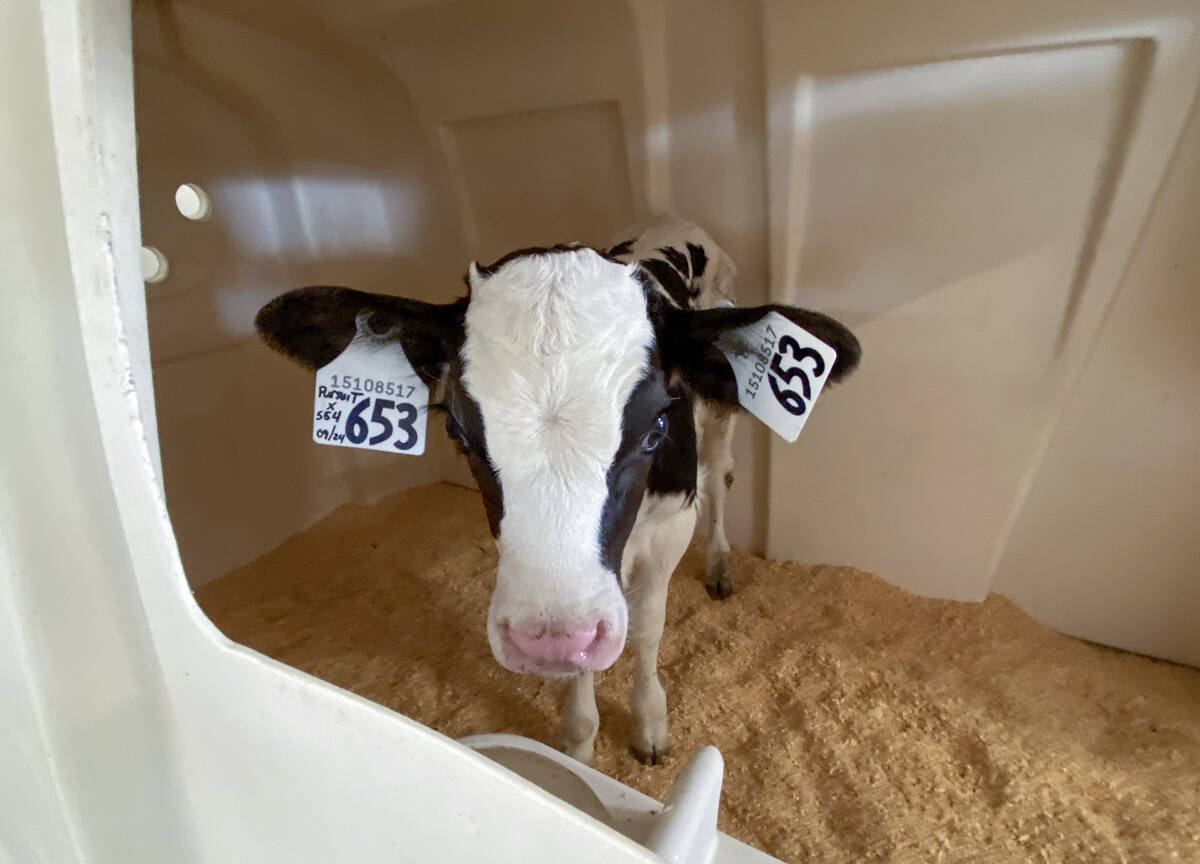
Lactanet turns methane expertise into business opportunity
Lactanet’s new fee-for-service breeding tool initiative to reduce greenhouse gas emissions in Canadian and Swiss Holstein herds will launch in April 2026.
Why it matters: The Toronto plant closure significantly decreases slaughterhouse rail space available to Ontario’s beef producers.
Financed through the leadership of the Forest-based Burgin family, TruHarvest took over the former Ryding-Regency processing plant in early 2021. According to Oulton, the new company established a strong reputation in beef niche markets, including halal and kosher.
“I feel badly for some of our customers,” he said. “These companies, especially when it comes to kosher, really have no other place to go right now.”
The company vice-president said it was difficult to tell the plant’s 160 employees about the pending closure.
TruHarvest’s two-year business plan called for a production increase to 1,500 head a week, but instead it handled just 700 head a week at the time of closure, with employees working three days a week instead of five.
“With a new business, there’s only so much chance you have with the banks to get financing for expansions,” Oulton said. “The Burgin family put a lot out there to try and make this a success. I really do think they gave it their all.”
He believes there was justification for more provincial and federal funding to assist with TruHarvest upgrades, “but there just doesn’t seem to be any support from the government’s perspective.”
Cattle prices at sales yards have been strong over the last several months, which put upward pressure on processing costs.
“The market is the market. It’s not that part of the business that (led to closure),” said Oulton. “It’s the overhead.”
He estimated that a one-time investment of $5 million to $6 million would have allowed TruHarvest to increase capacity by 500 head per week. He still hopes “somebody comes up and want to do something with the operation” though they will need deep pockets to make it happen.
The plant and the potential employee base remain, he said.
“One of the hardest things to accept is that we worked for two years to build that great team.”






